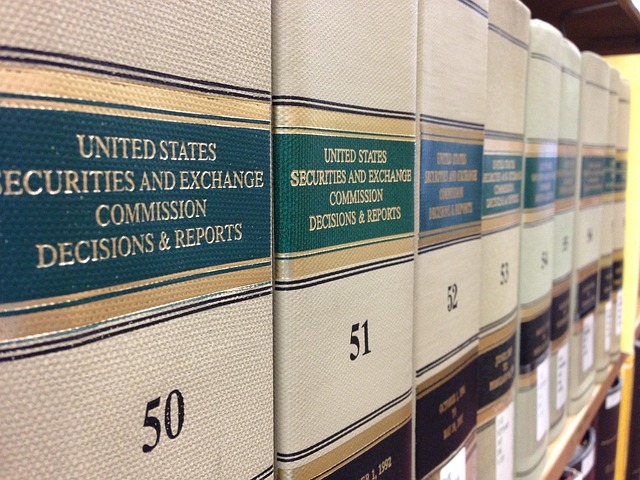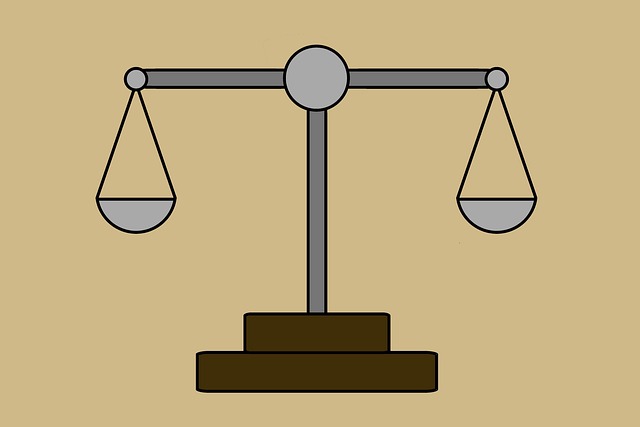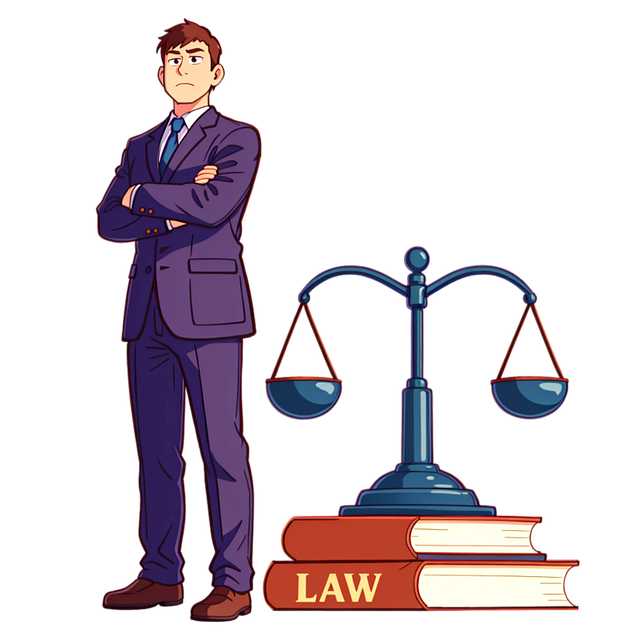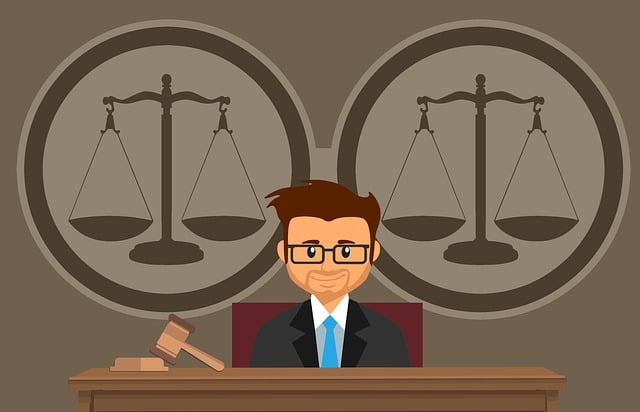Understanding and adhering to local tenancy laws is vital in real estate to ensure fairness and protect against unlawful evictions. Tenants and landlords both have rights and responsibilities; tenants should maintain records and consult legal advice, while landlords must follow due process and provide adequate notice. Balancing these rights safeguards housing stability and ethical practices in a dynamic real estate market.
In the dynamic landscape of real estate, understanding unlawful eviction practices is paramount for both tenants and landlords. This comprehensive guide delves into the intricacies of these practices, equipping you with the knowledge to safeguard your rights. From recognizing illegal evictions to navigating legal protections, we explore practical steps to ensure fair treatment. By arming yourself with this vital information, you can confidently navigate the complexities of real estate, fostering a harmonious relationship between tenants and landlords.
Understanding Unlawful Eviction Practices in Real Estate

In the realm of real estate, unlawful eviction practices are a significant concern for tenants and landlords alike. These practices, which include forced evictions, discrimination in rental decisions, and unfair termination of leases, are not only illegal but also detrimental to the stability and trust within communities. Understanding these practices is crucial for both parties to ensure a fair and transparent housing market.
Tenants should be aware of their rights, such as protection against arbitrary rent increases and just cause requirements for eviction. Landlords, on the other hand, must adhere to local laws and regulations, ensuring that any eviction process is conducted with due process and respect for the tenant’s well-being. By knowing and adhering to these rules, both tenants and landlords can navigate their rights and responsibilities in the real estate sector responsibly.
Legal Rights of Tenants and Landlords Alike

In the dynamic landscape of real estate, both tenants and landlords possess legal rights that must be respected to maintain a harmonious relationship. Tenants enjoy protection against unlawful eviction practices, ensuring they have the right to remain in their homes as long as they fulfill their rental obligations. This includes paying rent on time and maintaining the property according to agreed-upon terms. On the other hand, landlords have the legal authority to set rental terms, collect rent, and maintain the property’s integrity. However, they must adhere to eviction procedures outlined by local laws, providing adequate notice to tenants before initiating any eviction process.
Balancing these rights is crucial for a fair real estate market. Tenants should be aware of their protections, while landlords should familiarize themselves with the legal framework governing evictions. This ensures that both parties are treated equitably, fostering a stable and respectful rental environment.
Protecting Against Unfair Eviction: Step-by-Step Guide

Protecting against unfair eviction practices is paramount for both tenants and landlords in the real estate sector. The first step is to familiarize yourself with local tenancy laws, which vary significantly across regions. Understanding your rights as a tenant and the legal procedures for eviction can prevent many disputes. Tenants should be provided with clear notices outlining reasons for eviction, and these processes must adhere to specific timeframes.
A proactive approach includes maintaining detailed records of rent payments, repairs, and communications with landlords. If faced with an unlawful eviction attempt, tenants can gather evidence, consult legal experts, and consider mediation or arbitration as alternative dispute resolution methods. These steps empower individuals to safeguard their housing rights in the dynamic landscape of real estate.






